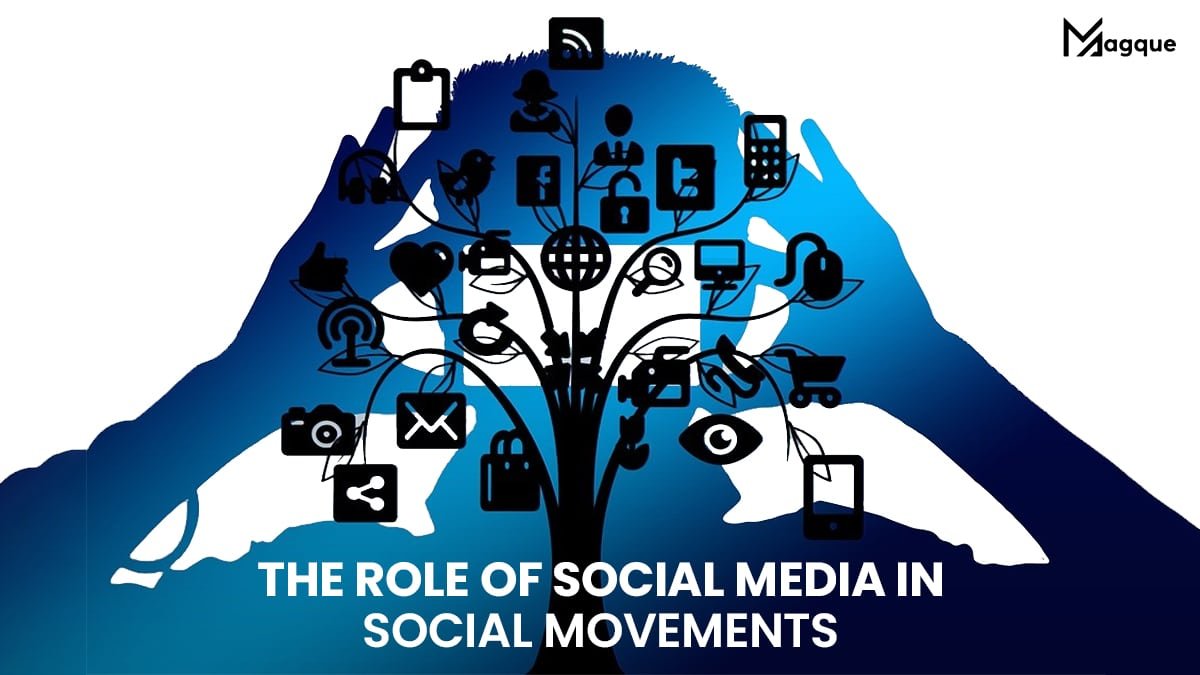Hey there, curious minds! Have you ever wondered how the seemingly endless scroll of your social media feed could be intertwined with the pulse of social change? Hold on tight as we dive into the captivating world where hashtags wield power and share spark revolutions.
Unveiling the Digital Megaphone
Picture this: a hashtag ignites a wildfire of conversations, echoing through the digital corridors of Twitter, Facebook, and Instagram. With its vast reach and lightning-fast dissemination, social media has become the digital megaphone for social movements. It’s not just about voicing opinions anymore; it’s about rallying the masses, organizing protests, and sparking global solidarity.
Shaping Narratives, Mobilizing Minds
Here’s the kicker: social media isn’t just a platform for chatter. It’s a narrative shaper, a mobilizer of minds. Whether it’s the Arab Spring or the Black Lives Matter movement, these digital arenas catalyze change. They amplify voices that were once drowned out by the noise of mainstream media, providing a platform for the marginalized to roar.
From Clicks to Change: The Power of Online Activism
But wait, there’s more! Online activism isn’t just about clicking ‘like’ or sharing a post. It’s about leveraging digital tools to drive real-world action. Whether it’s signing petitions, organizing boycotts, or coordinating protests, social media serves as the glue that binds virtual solidarity with tangible change.
Navigating the Digital Landscape: Challenges and Opportunities
Ah, but every rose has its thorns. While social media empowers social movements, it poses its fair share of challenges. From spreading misinformation to suppressing dissenting voices, navigating the digital landscape requires vigilance and resilience.
Embracing the Power of Connectivity
So, what’s the bottom line? In a world where connectivity is king, social media emerges as a double-edged sword. It has the power to unite, to inspire, to ignite change. But it also demands discernment, critical thinking, and a steadfast commitment to truth.
Join the Conversation
And there you have it, folks! The role of social media in social movements is a tale as old as time yet ever-evolving in the digital age. So, why not join the conversation? Let your voice be heard, your actions felt. After all, in this digital arena, every click, share, and hashtag has the potential to change the world.
About Magque
At Magque, we believe in the power of storytelling to inspire change. From captivating narratives to thought-provoking insights, we’re here to fuel your curiosity and ignite your passion for the digital world. Join us on this journey of exploration, where every click brings us one step closer to a brighter tomorrow.
FAQs
Q1. How does social media empower social movements?
Social media provides a platform for individuals to amplify their voices, mobilize communities, and spark conversations on a global scale. It enables rapid dissemination of information, facilitates organization, and fosters solidarity among like-minded individuals.
Q2. What impact does social media have on the effectiveness of social movements?
Social media can significantly enhance the effectiveness of social movements by increasing visibility, mobilizing support, and putting pressure on policymakers and institutions. It allows movements to reach a wider audience, garner public attention, and hold those in power accountable.
Q3. What are some examples of social movements that social media has influenced?
Social media, including the Arab Spring, #BlackLivesMatter, #MeToo, and Fridays for Future, have fueled numerous social movements. These movements have leveraged digital platforms to organize protests, share stories, and galvanize public opinion, leading to tangible social and political change.
Q4. What are the challenges faced by social movements in the digital age?
While social media offers unprecedented opportunities for activism, it also presents challenges such as the spread of misinformation, algorithmic bias, and online harassment. Additionally, governments and corporations may attempt to suppress dissenting voices or manipulate online discourse, posing obstacles to social movements.
Q5. How can individuals contribute to social movements through social media?
Individuals can contribute to social movements by sharing information, engaging in discussions, supporting relevant causes, and amplifying marginalized voices. Additionally, they can participate in online campaigns, sign petitions, and use their platforms to raise awareness about social issues, thereby driving positive change.
Read Also This – Social Media for Social Change Movements













